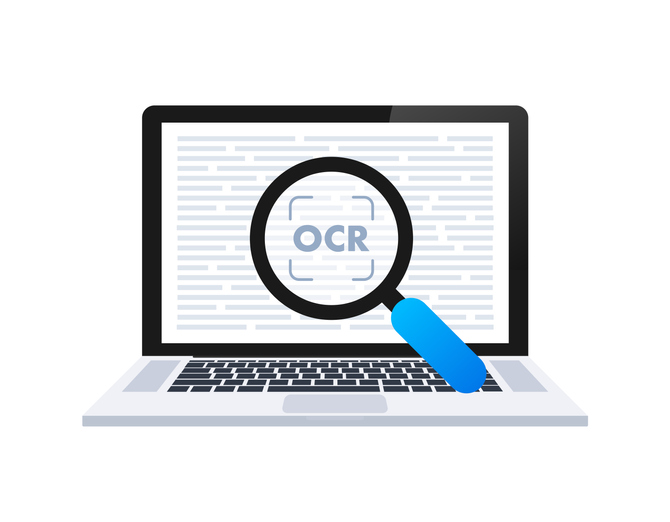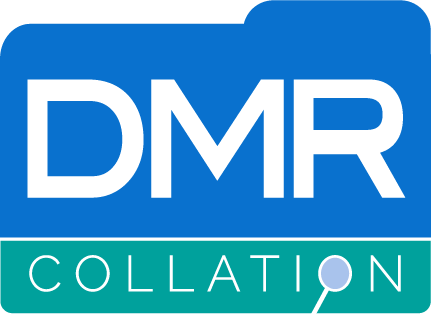
Having attended St Johns Chambers’ insightful webinar today on strategies for successful litigation in clinical negligence and personal injury cases, it got us thinking about exactly how our collated sets of medical records are navigated by the end user, whether that be lawyers, barristers, medico-legal experts, the parties, or the courts themselves.
Justin Valentine, Deputy Head of the Clinical Negligence team at St John’s Chambers, zoned in immediately during his training on the importance of a well collated set of records. He emphasised that medical records in all clinical negligence cases and substantial personal injury cases should be pdf-ed, OCR-ed and indexed. Once done this means terms can be searched, documents can be bookmarked/highlighted and, in his opinion, this saves a considerable amount of time in the long run.
It’s good to know that at DMR Collation we already ensure our collated medical records are fully searchable by our end users. We actually go a little further than that in our production of digital booklets, where all relevant documents are bookmarked within the same documents with hyperlinks from page references in the chronology to the medical record referred to.
Over the years we have received very complimentary feedback about our digitalisation of collated medical records, and it is always heart-warming to hear during training sessions just how important the extra steps we take, saves time in dealing with the case later on.



